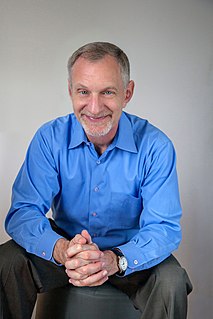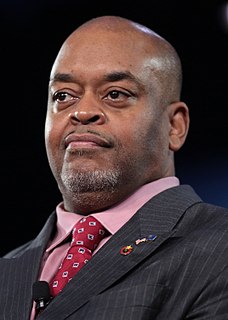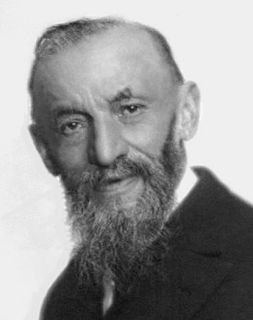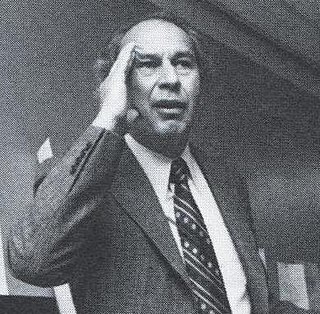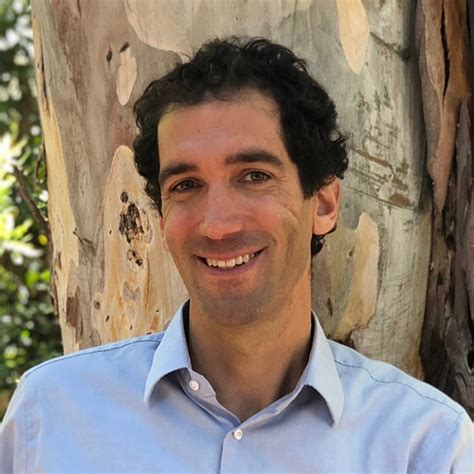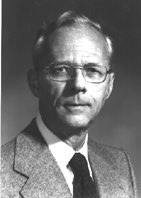A Quote by Robert J. Waldinger
The fact remains that many of the most creative and innovative hypotheses that are eventually verified by empirical research are born in the consulting room out of practitioners' work with individual patients.
Related Quotes
Progress is achieved by exchanging our theories for new ones which go further than the old, until we find one based on a larger number of facts. ... Theories are only hypotheses, verified by more or less numerous facts. Those verified by the most facts are the best, but even then they are never final, never to be absolutely believed.
Operating-room errors hold a special terror for patients, if only because they seem like the most avoidable kind of complications. The occasional horror stories of patients who have the wrong leg removed or the wrong knee replaced generate the most headlines, as do tales of patients whose identities are mixed up entirely.
In fact, I've had many lawyers who I felt provided excellent advice and service during important decisions or difficult times. That being said, I always wondered why the law firms that serve the most innovative technology companies in the world rarely adopt innovative software or try to improve their business operations.
Certainly it is permitted to anyone to put forward whatever hypotheses he wishes, and to develop the logical consequences contained in those hypotheses. But in order that this work merit the name of Geometry, it is necessary that these hypotheses or postulates express the result of the more simple and elementary observations of physical figures.
What I see is trying to make sure that everybody thinks you have more than what you actually have. What’s the point if you actually don’t have it? If you don’t have it, then you don’t have it. Have what you have. Enjoy that . . . The craft is everything. Don’t be afraid of not being the wealthiest person in the room. Be the smartest person in the room. Be the slickest person in the room. Be the most creative person in the room. Be the most entertaining person in the room. Just be in the room.
But being able to talk to so many patients from so many walks of life gives a tremendous window into people's lives. This is not to say I want to write about individual patients, but I think that after listening to the concerns of people who are so different from me, I can more realistically portray characters who are so different from me.
